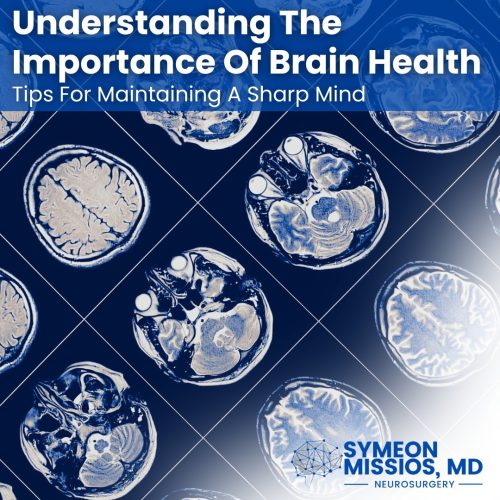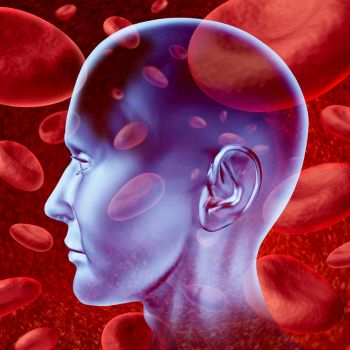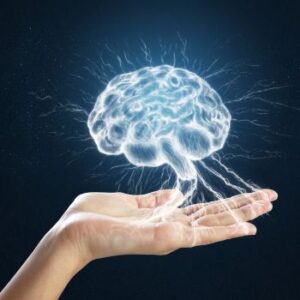Top Neurosurgeons in Long Island
SYMEON MISSIOS, M.D., FAANS
Dr. Missios is a board-certified neurosurgeon at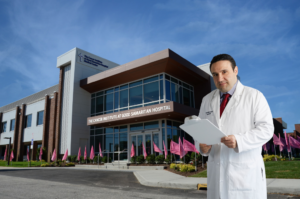
Dr. Missios received his Bachelor’s of Science degree in Biological and Biochemical Sciences from Duquesne University, in Pittsburgh, PA where he graduated Magna Cum Laude. He obtained his medical degree from Dartmouth Medical School, in NH, where he was elected as a member of the Alpha Omega Alpha Honor Society. He graduated medical school with honors and was the recipient of the prestigious Dean’s Medal Award for the highest academic achievement in his class. He completed his internship and residency in neurological surgery at Dartmouth-Hitchcock University Hospital in NH and received his subspecialty training in the field of brain tumors at Cleveland Clinic, in OH, where he completed a fellowship in Neurosurgical Oncology and Stereotactic Radiosurgery. He continued his subspecialty training by completing a second fellowship in the field of Endovascular Neurosurgery and Neurovascular Critical Care at Thomas Jefferson University in Philadelphia.
Dr. Missios’ clinical expertise involves the treatment of benign and malignant tumors that originate in the brain or that have metastasized there. He has extensive experience in the use of advanced intraoperative neuronavigation techniques such as intraoperative tractography, brain mapping and electrocorticography that allow the safe resection of complex brain tumors that occupy critical areas in the brain. He is also an expert in stereotactic radiosurgery, a very precise way of delivering radiation to the tumor while sparing any radiation exposure to the rest of the brain, and is highly effective for the treatment of a variety of intracranial tumors.
Dr. Missios is also a part of the Stroke and Brain Aneurysm Center of Excellence at Good Samaritan Hospital Medical Center, the only Joint Commission Certified Comprehensive Stroke Center in the South Shore of Long Island. He received extensive training in endovascular neurosurgery at Thomas Jefferson University Hospital, one of the largest stroke centers in the country, and his expertise involves the surgical and minimally invasive endovascular treatment of stroke, brain aneurysms and other vascular neurosurgical pathologies.
In addition to his clinical expertise in the management of brain tumors, stroke and brain aneurysms, Dr. Missios’ clinical skills span a wide range including spine surgery for degenerative, traumatic or tumor pathologies as well as surgery for peripheral nerve disorders, brain and spine trauma and neuromodulation for intractable back and leg pain.
Dr. Missios has a very strong academic background and has been involved in more than 80 peer-reviewed publications. He serves as a reviewer for multiple neurosurgical journals. He is a member of the Population Health Research Institute of New York at CHS. His academic projects have won several awards including the Kenneth Shulman Award, awarded to the best research project presented at the annual meeting of the Joint Section of Pediatric Neurological Surgery, and 1st place award in the Socioeconomic Category at the 83rd annual meeting of the American Association of Neurological Surgeons.
BOARD CERTIFICATION
2014 American Board of Neurologic Surgeons

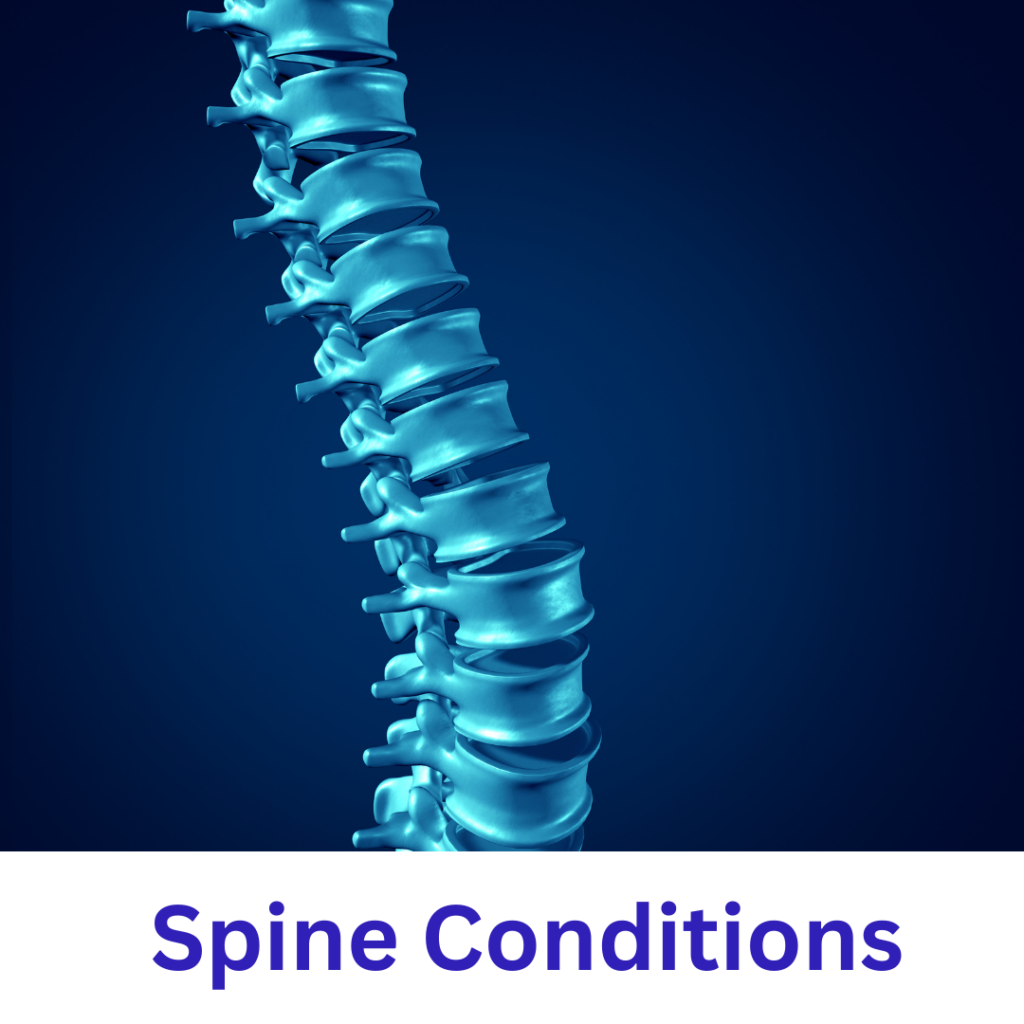
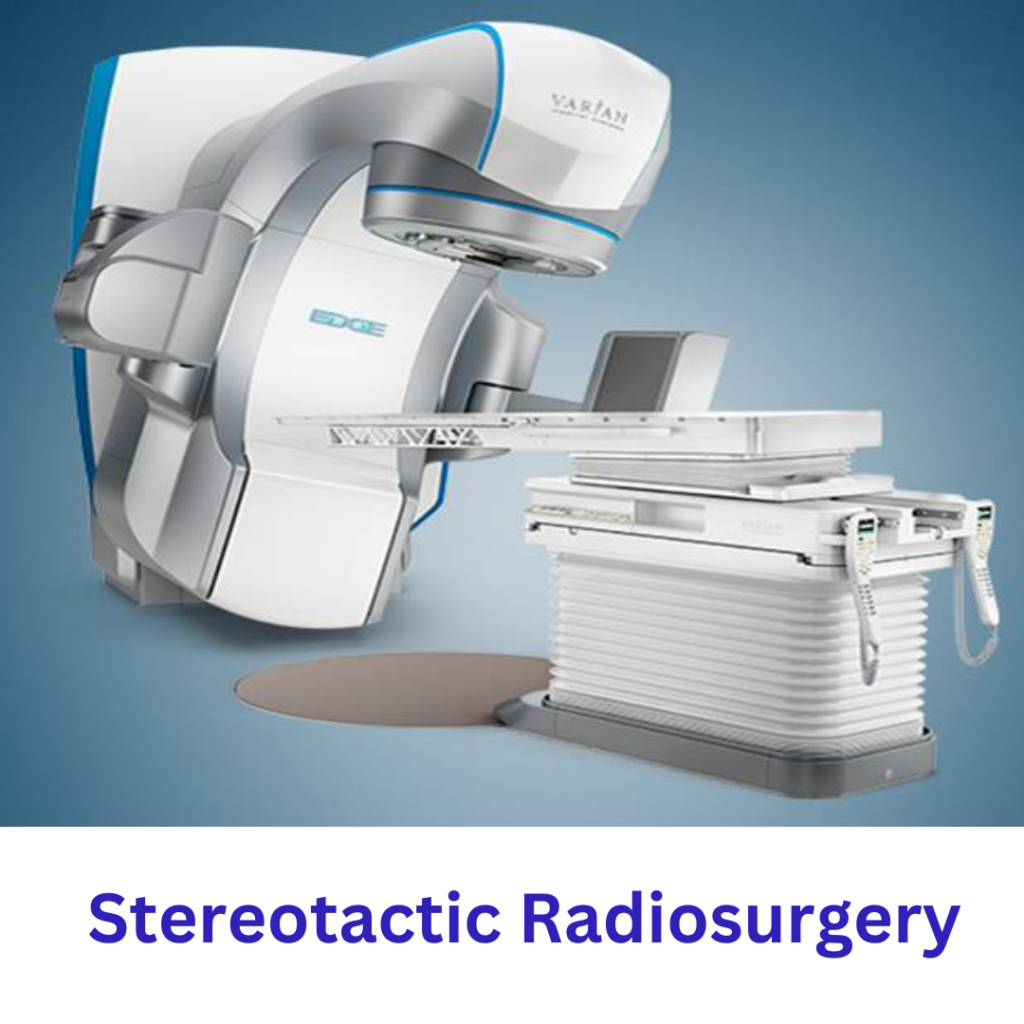

Visit The Top Neurosurgeons in Long Island
Request An Appointment For The Top Neurosurgeons in Long Island
Stroke Signs and Symptoms
A stroke is a medical emergency that requires immediate attention. As the Top Neurosurgeons in Long Island, Symeon Missios, MD, is dedicated to raising awareness about stroke signs and symptoms to help individuals recognize the warning signs and seek timely medical intervention. Understanding these signs can be life-saving, as prompt treatment can minimize the long-term effects of a stroke.
What is a Stroke?
A stroke occurs when the blood supply to the brain is interrupted or reduced, leading to brain cell damage. This can result from a blockage in the blood vessels (ischemic stroke) or bleeding into the brain (hemorrhagic stroke). Without oxygen and nutrients from the blood, brain cells begin to die within minutes, making early detection crucial.
Recognizing Stroke Signs and Symptoms
- Sudden Weakness or Numbness: One side of the body may become weak or numb, affecting the face, arm, or leg. This often occurs on just one side of the body.
- Difficulty Speaking or Understanding Speech: Slurred speech, confusion, or difficulty understanding others may indicate a stroke.
- Vision Problems: Sudden blurred vision or loss of vision in one or both eyes can be a warning sign.
- Severe Headache: A sudden, severe headache, especially when accompanied by other symptoms, may indicate a stroke.
- Dizziness or Loss of Balance: Sudden dizziness, loss of coordination, or difficulty walking may be signs of a stroke.
The Importance of a Timely Response
Remembering the acronym, FAST can help identify stroke symptoms and take action promptly:
- F – Face: Ask the person to smile. Does one side of their face droop?
- A-Arms: Ask the person to raise both arms. Does one arm drift downward?
- S – Speech: Ask the person to repeat a simple phrase. Is their speech slurred or strange?
- T – Time: If you observe any of these signs, call 911 immediately. Time is critical in minimizing the damage caused by a stroke.
Seeking Treatment from The Top Neurosurgeons in Long Island
As the Top Neurosurgeons in Long Island specializing in stroke care, Symeon Missios, MD, emphasizes the importance of seeking immediate medical attention if you or someone you know experiences stroke symptoms. Time lost is brain lost, and early intervention can significantly improve outcomes and quality of life following a stroke.
Symeon Missios, Top Neurosurgeons in Long Island
Recognizing stroke signs and symptoms is crucial for timely intervention and optimal outcomes. By familiarizing yourself with these warning signs and acting quickly, you can help save lives and prevent long-term disability. As the Top Neurosurgeons in Long Island, Symeon Missios, MD, is committed to providing stroke care and supporting individuals on their journey to recovery. If you have any concerns about stroke or neurological health, request an appointment today.
5 Signs of Hydrocephalus in Adults
Hydrocephalus, a condition characterized by abnormal cerebrospinal fluid (CSF) accumulation within the brain’s ventricles, is often associated with infants and children. However, it’s essential to recognize that adults can also develop this condition, albeit less frequently. Dr. Symeon Missios, a renowned neurosurgeon specializing in hydrocephalus treatment the Top Neurosurgeons in Long Island, has identified five crucial signs that adults should be mindful of, as early detection is paramount for effective management and improved outcomes.
Persistent Headaches:
One of the hallmark symptoms of hydrocephalus in adults is persistent headaches. It is commonly described as dull, throbbing, or pressure-like and may worsen upon waking in the morning or with activities that increase intracranial pressure, such as coughing or sneezing. Dr. Missios emphasizes the importance of not dismissing these headaches as mere stress or tension headaches without a thorough medical evaluation, as they could indicate underlying hydrocephalus.
Cognitive Changes:
Hydrocephalus can significantly impact cognitive function in adults. Memory loss, difficulty concentrating, and decreased mental sharpness are common cognitive changes associated with the condition. Patients may notice difficulties in performing daily tasks, maintaining focus, or processing information, which should prompt them to seek medical attention promptly.
Visual Problems:
Visual problems, such as blurred vision, double vision (diplopia), or difficulty focusing the eyes, can happen because of pressure on the optic nerves caused by hydrocephalus. Dr. Missios underscores the significance of promptly addressing visual changes to prevent permanent damage to the optic nerves and preserve vision.
Balance and Coordination For Hydrocephalus Treatment
Hydrocephalus can disrupt the brain’s normal functioning, leading to balance and coordination problems in adults. Gait disturbances, unsteadiness, and difficulty maintaining balance may occur, significantly impacting an individual’s mobility and quality of life if left untreated.
Urinary Incontinence:
Changes in urinary habits, such as increased frequency, urgency, or incontinence, can indicate hydrocephalus affecting the brain regions responsible for controlling bladder function. Dr. Missios stresses the importance of discussing urinary changes openly with a healthcare provider to ensure appropriate evaluation and management.
Contact Us For The Top Neurosurgeons in Long Island
Recognizing these signs of hydrocephalus in adults is crucial for timely diagnosis and treatment. Dr. Symeon Missios, MD, offers comprehensive hydrocephalus treatment the Top Neurosurgeons in Long Island, prioritizing patient care and outcomes. If you or a loved one experience any of these symptoms, it’s essential to seek medical attention promptly to ensure the best possible prognosis and quality of life.
When to See a Nerve Pain Specialist
In the case of experiencing nerve pain, seeking the expertise of a specialized professional can be a game-changer for your well-being. If you are grappling with persistent nerve pain, consulting a skilled and dedicated nerve pain doctor is essential. Dr. Symeon Missios, MD, is an expert in pain management, specifically nerve pain. Here’s a guide to help you recognize when it’s time to seek the assistance of the Top Neurosurgeons in Long Island.
Understanding Nerve Pain
Nerve pain, also scientifically known as neuropathic pain, can appear in various ways, such as sharp or shooting sensations, tingling, or burning discomfort. It often stems from damage or malfunction in the nervous system. While some cases may resolve on their own, chronic or intensifying symptoms necessitate professional intervention.
When to Consider a Nerve Pain Specialist
- Persistent Discomfort: If you experience persistent pain that lasts beyond a reasonable timeframe, it’s advisable to consult a nerve pain doctor. Ignoring prolonged discomfort may worsen symptoms and hinder your overall quality of life.
- Impact on Daily Activities: When nerve pain gets in the way of your daily activities, such as work, sleep, or routine tasks, it clearly indicates that professional intervention is required. A nerve pain specialist can assess the impact of your symptoms on your life and develop a tailored treatment plan.
- Failed Home Remedies: If over-the-counter medications or home remedies provide only temporary relief, it’s time to consult a specialist. Dr. Symeon Missios, MD, employs advanced diagnostic techniques to identify the root cause of your nerve pain and create a comprehensive treatment strategy.
Symeon Missios | Top Neurosurgeons in Long Island
Dr. Symeon Missios is a renowned the Top Neurosurgeons in Long Island, known for his compassionate care and commitment to patient well-being. He focuses on personalized treatment plans and utilizes cutting-edge approaches to address each patient’s unique needs. Don’t let nerve pain control your life. Visit Symeon Missios, MD, to schedule a consultation with a dedicated Top Neurosurgeons in Long Island. We have locations near west islip and Huntington New York.Dr. Missios is here to guide you towards effective pain management and improved quality of life. Take the first step towards a pain-free future.

